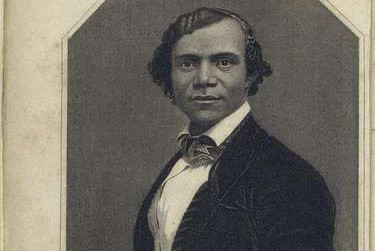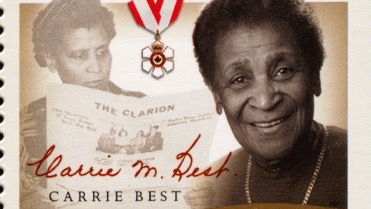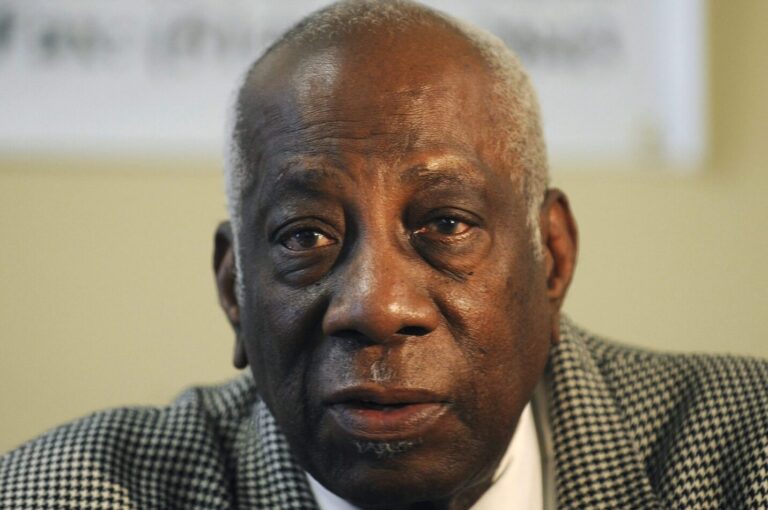
Source- New York Public Library
https://digitalcollections.nypl.org
Creative Commons CC0 1.0 Universal Public Domain Dedication (“CCO 1.0 Dedication”)
Henry Bibb: A Powerful Voice Against Slavery and Black
Henry Walton Bibb (1815–1854) was a formerly enslaved man who rose to prominence as an abolitionist, journalist, and advocate for Black rights. His compelling autobiography, Narrative of the Life and Adventures of Henry Bibb, An American Slave, published in 1849, remains one of the most powerful firsthand accounts of slavery. Detailing his traumatic experiences in bondage, his daring escape to freedom, and his relentless fight against oppression, the book became an instant success, inspiring abolitionists and fueling the movement for racial equality.
From Enslavement to Freedom: The Journey of Henry Bibb
After securing his freedom in 1842, Bibb settled in Detroit, where he became a key figure in the abolitionist movement. As a lecturer for the Liberty Association and the Michigan Anti-Slavery Society, he used his personal experiences to expose the brutal realities of slavery. His emotional storytelling often moved audiences to tears, mobilizing both Black and white activists in the Midwest and strengthening the anti-slavery movement.
Advocating for Black Labor Rights
Bibb’s activism extended beyond speeches and storytelling. In 1850, he became the secretary of the American League of Colored Laborers, the first Black labor union in the U.S. With support from Frederick Douglass, the league fought for fair wages, improved working conditions, and economic opportunities for African Americans. The inaugural meeting at the Mother African Methodist Episcopal Zion Church in New York City was a pivotal moment in Black labor rights history, solidifying Bibb’s role as a leader in both abolition and economic justice.
A New Chapter in Canada: Journalism and Community Building
As the passage of the Fugitive Slave Act of 1850 made the U.S. increasingly dangerous for escaped slaves, Bibb relocated to Canada, where he continued his activism. In 1851, he founded The Voice of the Fugitive, Canada’s first Black-owned newspaper. This influential publication provided crucial information to newly arrived refugees, exposed the horrors of slavery, and advocated for Black civil rights. It became an essential resource for Black Canadians and abolitionists, strengthening the fight for justice on both sides of the border.
Bibb’s commitment to Black empowerment went beyond journalism. That same year, he established the Refugee Home Society, a land settlement initiative designed to help fugitive slaves build independent lives in Canada. His settlement project in Windsor, Ontario, enabled over 100 families to purchase land and become self-sufficient farmers by 1854. Through land ownership, he provided Black refugees with the stability and prosperity needed to thrive in their newfound freedom.
Legacy and Lasting Impact
Despite facing setbacks, including the loss of The Voice of the Fugitive to a fire in 1853, Bibb’s impact on Black journalism, abolition, and economic empowerment remained profound. Tragically, he passed away in 1854, but his work continues to inspire generations of activists, journalists, and advocates for racial justice.
Henry Bibb’s life was a testament to courage, resilience, and unshakable determination. From his harrowing escape from slavery to his pioneering work in Black media and community building, he paved the way for future leaders dedicated to freedom, equality, and empowerment. Today, his legacy endures as a beacon of hope in the ongoing fight for justice and human rights.



